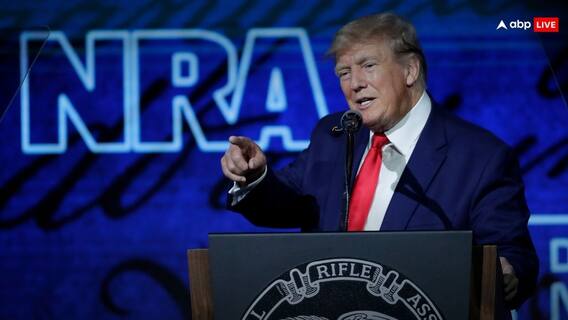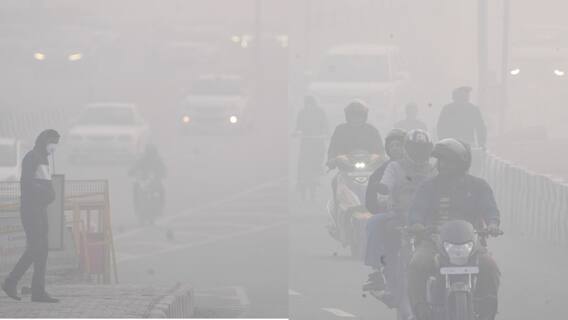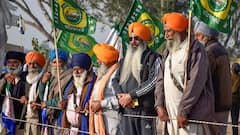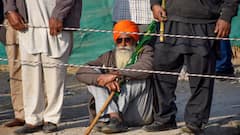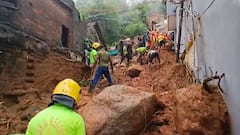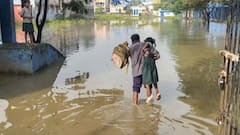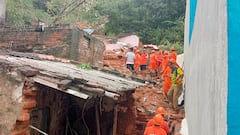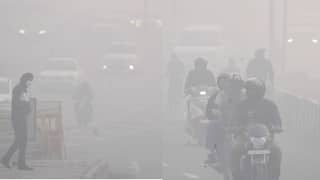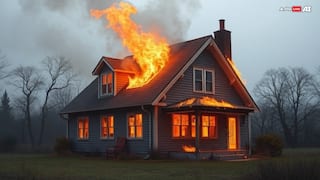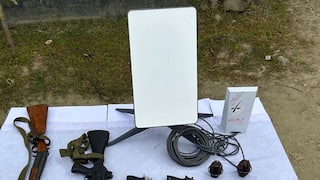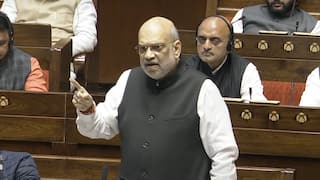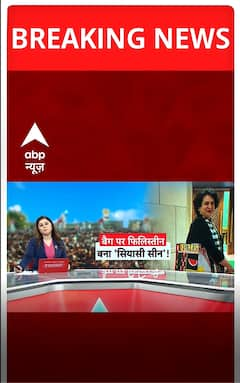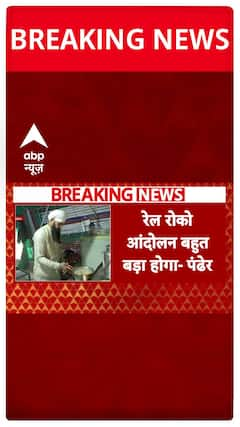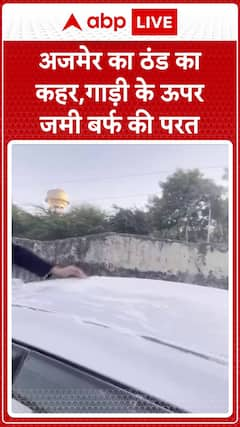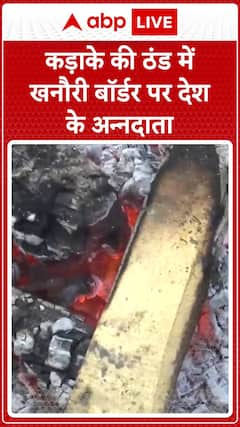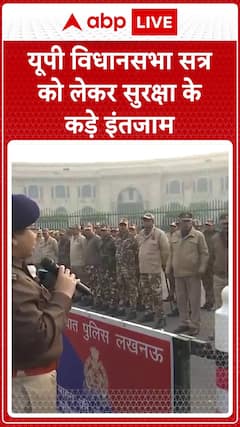Delhi AQI Remains In 'Poor' Category On Diwali 2022 Morning, Smog Covers National Capital's Sky
The air quality in Delhi could worsen to the “severe” category the day after Diwali due to emissions from firecrackers and an increase in the generation of smoke due to stubble burning.

On the occasion of Diwali on October 24, 2022, people in Delhi woke up to smog covering the national capital’s sky. The overall air quality index is 276, which falls under the “poor” category, news agency ANI reported, citing data provided by SAFAR (System of Air Quality and Weather Forecasting and Research), a project under the Union Ministry of Earth Sciences.
The sizes of the particulate matter in the air are 2.5 microns and 10 microns. Stubble burning contributes to the PM 2.5 (particulate matter of 2.5 micron-size). PM 2.5 has resulted in an AQI of 216 while PM 10 (particulate matter of 10-micron size) has contributed to an AQI of 226.
The news agency shared visuals from India Gate and Lodhi Road in Delhi, which show how smog has enshrouded the national capital.
Delhi wakes up to smog covering the national capital's sky with the overall AQI (Air Quality Index) under the 'poor' category, at 276.
— ANI (@ANI) October 24, 2022
(Visuals from India Gate & Lodhi Road) pic.twitter.com/9ssB9ILezR
On the day before Diwali, the AQI was 259. This was the lowest for the day before Diwali in seven years, data provided by the Central Pollution Control Board (CPCB) showed.
An AQI between zero and 50 is considered "good", 51 and 100 considered "satisfactory", 101 and 200 considered "moderate", 201 and 300 considered "poor", 301 and 400 considered "very poor", and 401 and 500 considered "severe".
The AQI on November 23, 2021, the day before Diwali last year, was 314. It increased to 382 on the day of Diwali and to 462 the following day.
The air quality in Delhi could worsen to the “severe” category the day after Diwali due to emissions from firecrackers and an increase in the generation of smoke due to stubble burning, news agency PTI reported.
SAFAR has predicted that the air quality may become “very poor” on the night of Diwali even if no crackers are burst. The air quality may worsen to the “severe” category if crackers are burst in the air, and continue to remain in the “red” zone for another day. When the AQI is between 151 and 200, the air is said to be in the “red” zone and is considered unhealthy.
Trending News
Top Headlines







